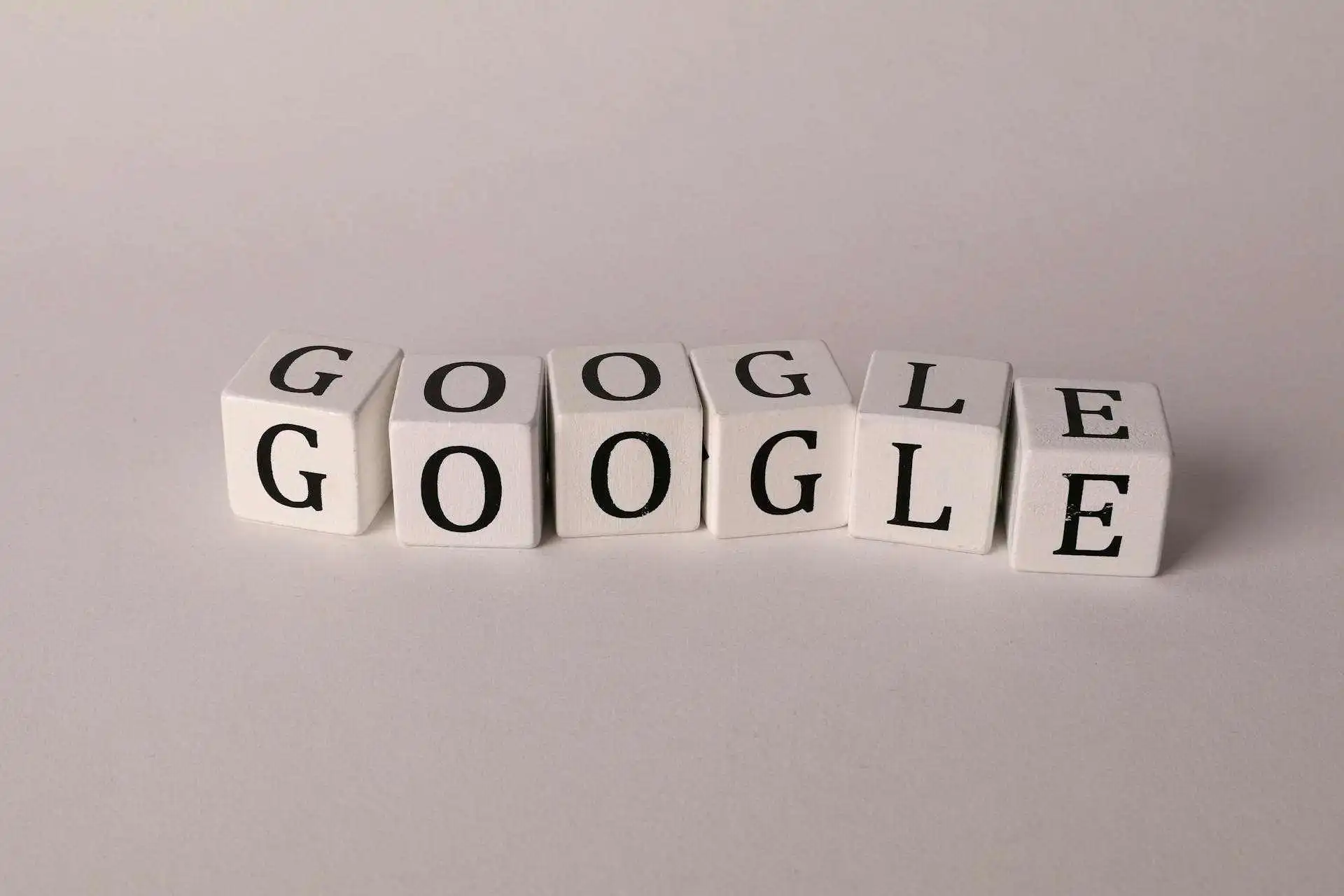The controversial nature of Google's new Gemini 2.0 Flash AI model is creating news. Users have recognized that it may remove copyrighted watermarks from photos. This functionality carries ethical questions and copyright hacking. Watermarks can be eliminated by other AI tools as well; however, Gemini 2.0 Flash seems to be very efficient at it. Although Google labelled it "experimental," copyright holders might not be satisfied. Enquiries on this matter have not yet got a response from the company.
Key Takeaways
- Social media users have created an explosive application for Google's new Gemini AI model: eliminating watermarks from pictures, such as those from recognized stock media companies like Getty Images.
- However, the absence of usage restrictions in Gemini 2.0 Flash will undoubtedly be criticized by some copyright holders.
- With very few exceptions, U.S. copyright law bans removing a watermark without the original owner's approval, according to law firms like this one.
Controversial Use of Google's Gemini AI
Social media users have revealed an explosive application for Google's new Gemini AI model: removing watermarks from pictures, such as those from popular stock media companies like Getty Images.
Google made its Gemini 2.0 Flash model's image creation feature more broadly available last week, enabling the model to create and improve picture material natively. By all measures, this is an excellent ability. However, it also tends to lack many challenges. In addition to eliminating watermarks from pre-existing images, Gemini 2.0 Flash will unreservedly create images of celebrities and copyrighted figures.
As several X and Reddit users noticed, Gemini 2.0 Flash intends to fill in any gaps left by a watermark's removal. While other AI-generated products also perform this function, Gemini 2.0 Flash appears to be highly skilled at it and is accessible for free.
Legal and Ethical Concerns
To be clear, the image-creating capability of Gemini 2.0 Flash is now only accessible through Google's developer-facing tools such as AI Studio and is designated as "experimental" and "not for production use." However, the model isn't a complete watermark remover. Certain semi-transparent watermarks and watermarks that cover several images seem to be complex for Gemini 2.0 Flash to handle.
However, several copyright holders will undoubtedly criticize the removal of usage restrictions in Gemini 2.0 Flash. Anthropic's Claude 3.7 Sonnet and OpenAI's GPT-4o are two models that specifically forbid eliminating watermarks; according to Claude, doing so is "unethical and potentially illegal."
According to law companies like this one, removing a watermark without the original owner's approval is banned by U.S. copyright law, with very few exceptions. Google did not rapidly answer a request for comment sent outside of typical business hours.

